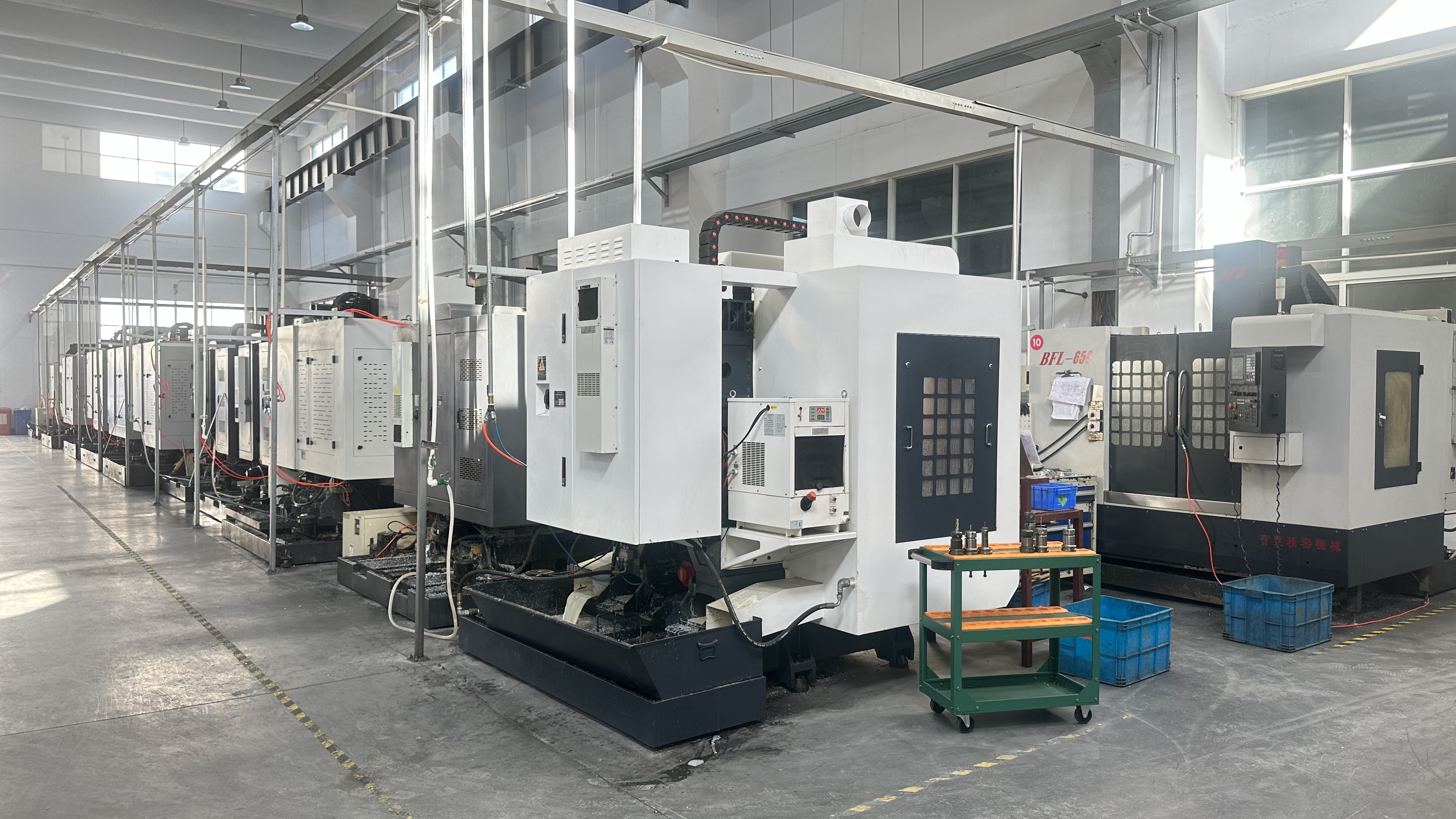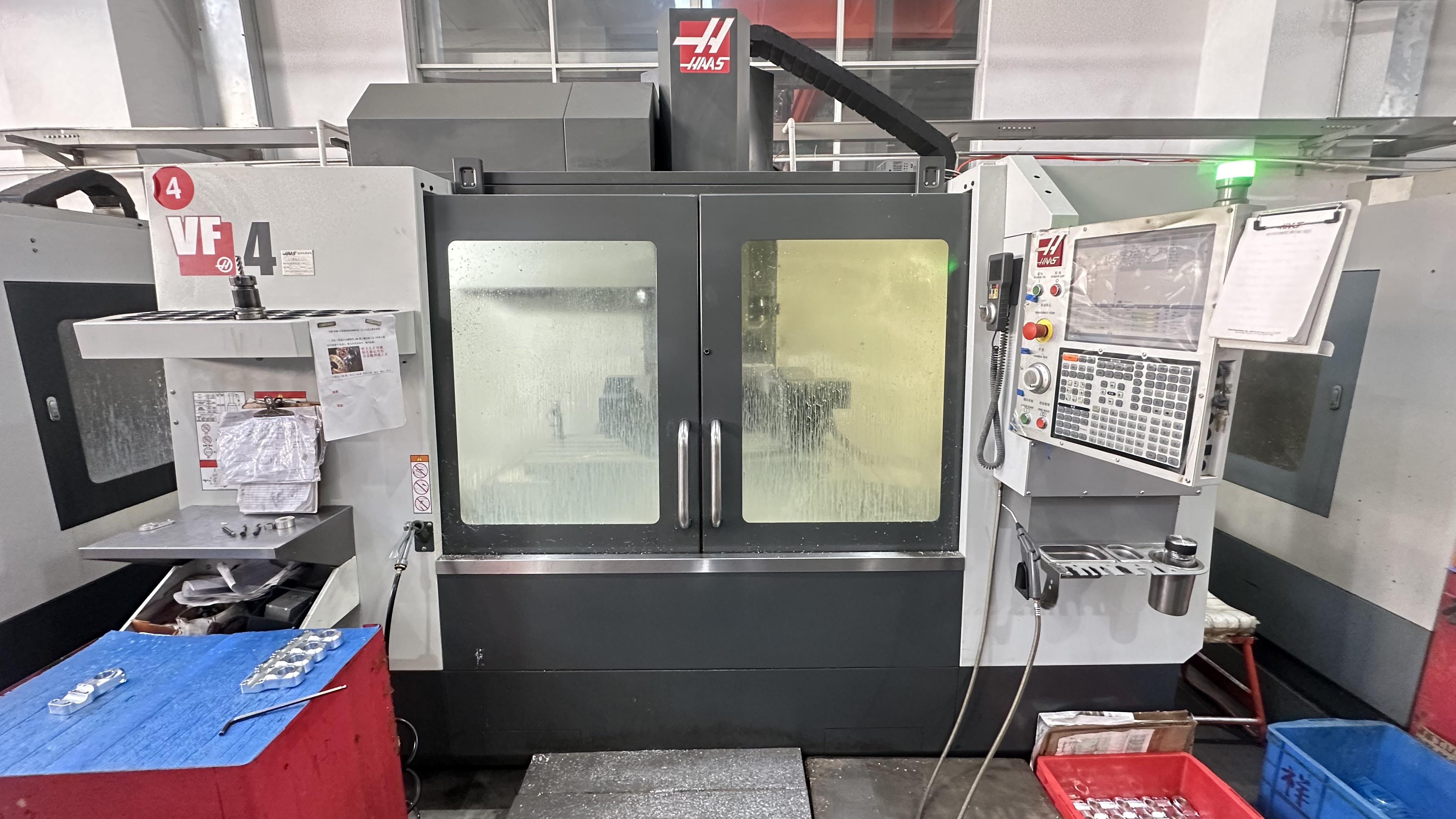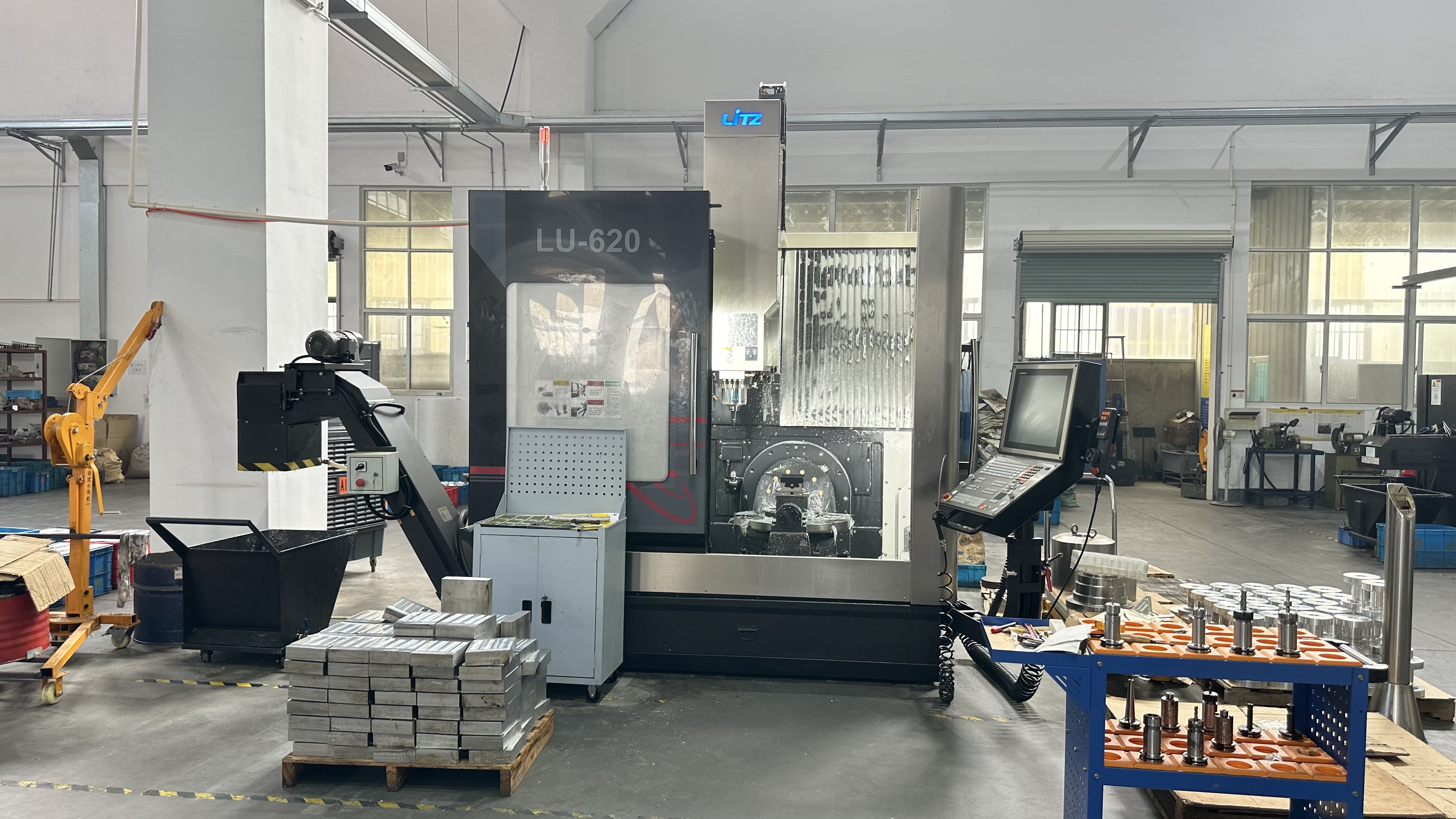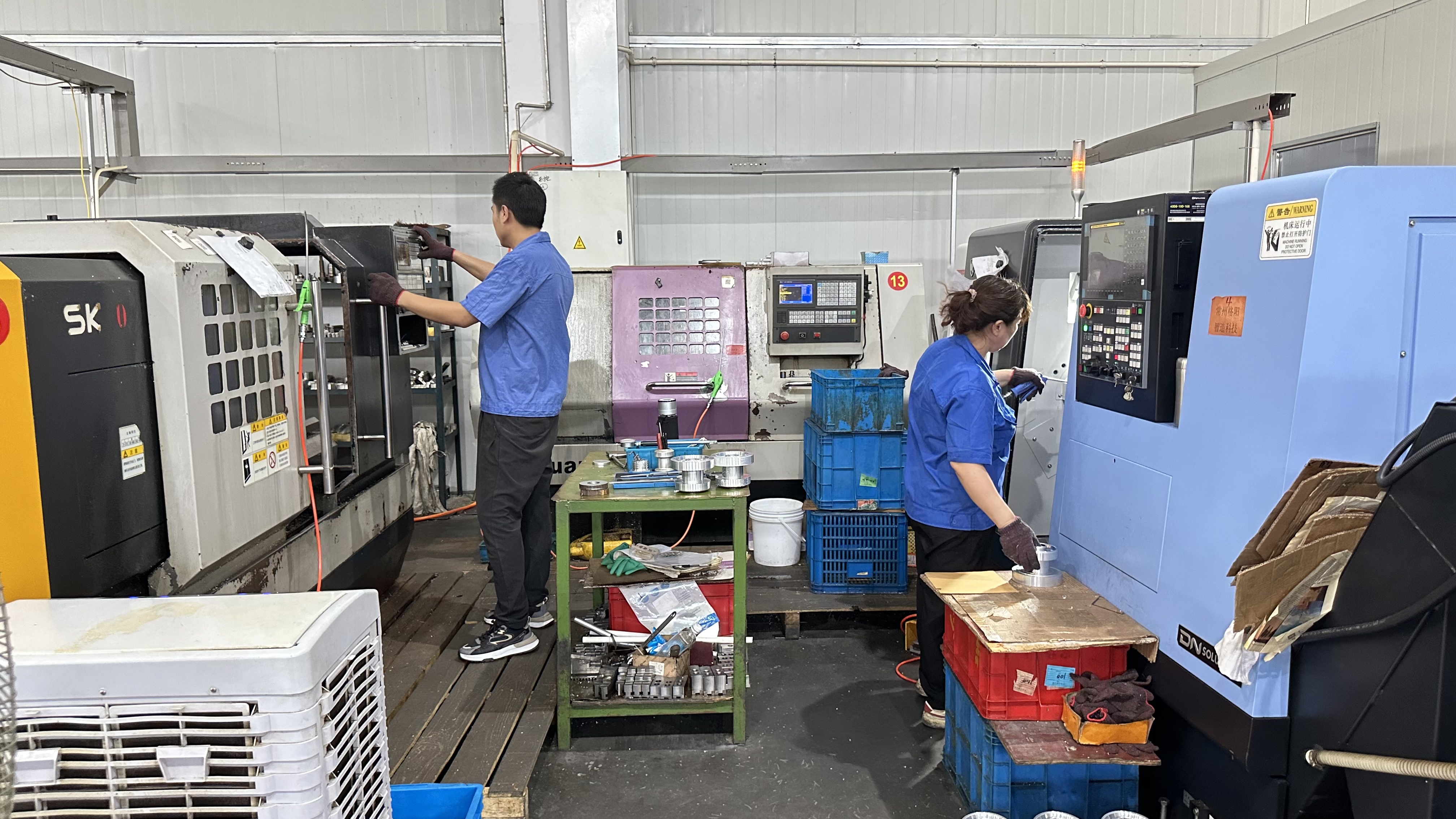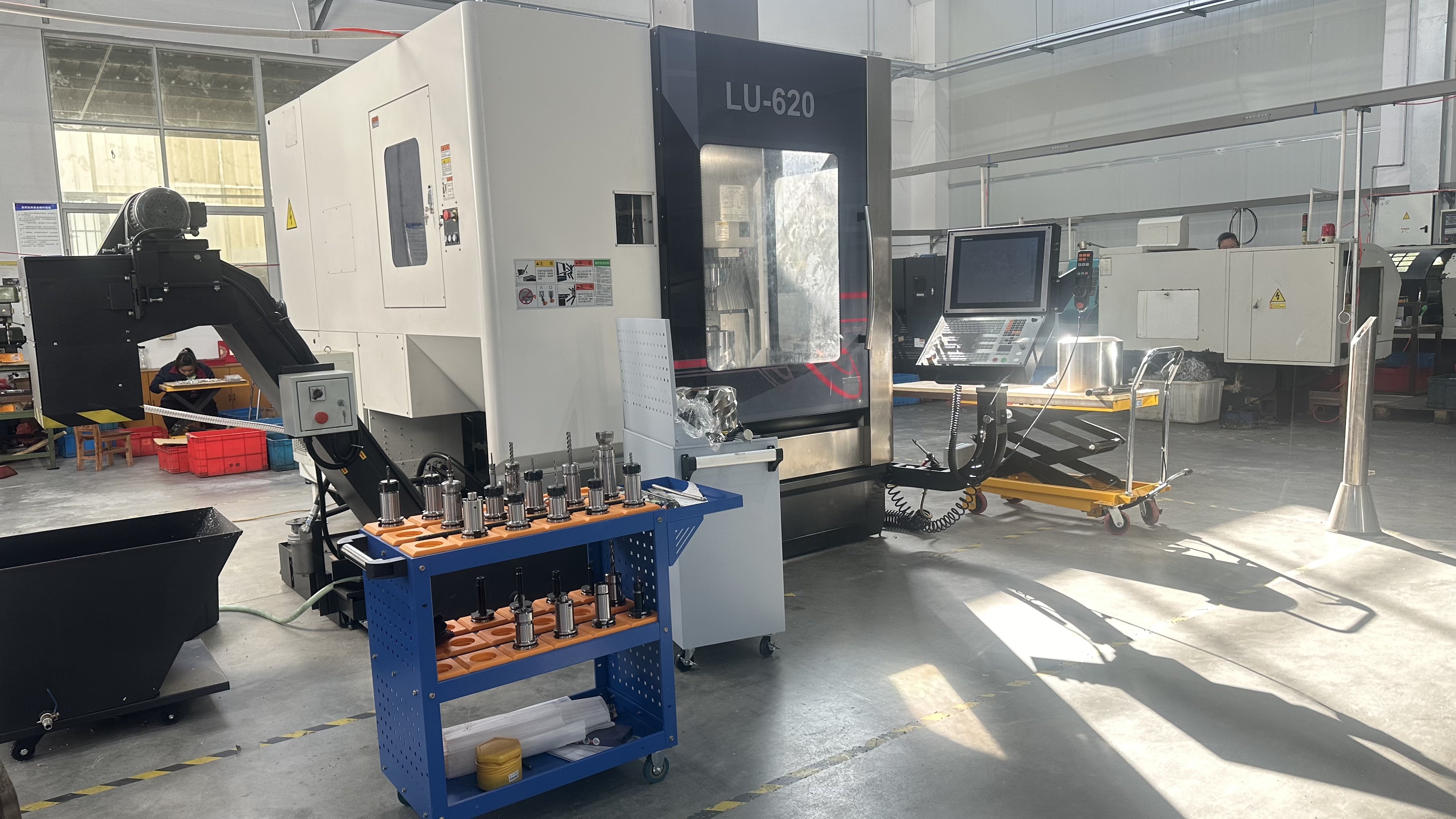CNC machined Custom Aluminum Bicycle Triple Tree Forks
100% Brand new and high quality!
Machined from Aluminum Alloy 6061-T6.
Perfect design with CNC milling machine processing.
Accept OEM and ODM.
Bicycle Fork: Precision Steering and Stability
The Bicycle Fork by Luckyway Metal is a high-performance component designed to connect the front wheel to the bike frame, delivering superior steering control, stability, and durability for BMX, mountain, and road bicycles. Crafted by a leading China-based manufacturer with over a decade of CNC-machining expertise, it’s made from 6061 T6 aluminum, carbon fiber, or heat-treated chromoly steel, features precision-machined dropouts and tapered steerer tubes, and is compatible with 1-1/8" threadless steerers and 100mm front hubs, fitting most modern frames from brands like Trek, Specialized, and Haro. Ideal for freestyle BMX riders, trail enthusiasts, and road racers, it builds on your interest in precision components like bicycle chain tensioners, rear pegs, and hub guards, reflecting Luckyway’s reputation for lightweight, durable parts with global shipping. Whether you’re grinding rails, tackling singletrack, or sprinting on pavement, this fork offers strength, vibration damping, and easy installation for an enhanced riding experience.
What Is a Bicycle Fork?
A Bicycle Fork is a precision-engineered component that secures the front wheel to the frame via a steerer tube, enabling steering, absorbing impacts, and ensuring 95% stable handling. Available in rigid designs for BMX, road, or lightweight mountain biking, it’s made from CNC-machined aluminum, carbon fiber, or chromoly steel, reducing weight by 20-30% compared to traditional steel forks. This fork enhances ride quality, aligning with your focus on components like bicycle stems and oil sandwich plates. Unlike suspension forks for heavy-duty mountain biking, Luckyway’s rigid forks prioritize simplicity and control, essential for freestyle BMX, road racing, or custom builds where lightweight precision is critical.
Why Use a Bicycle Fork?
High-quality forks improve steering responsiveness by 15-20%, enhance stability on varied terrain, and their robust construction withstands 300 pounds of force, ensuring reliability under intense conditions. Their lightweight materials save 20-30% weight compared to budget forks, and anodized or coated finishes resist corrosion. Luckyway’s fork, designed for 1-1/8" steerers and 100mm hubs, offers 800-1200 hours of corrosion resistance for aluminum models, complementing your interest in durable parts like valve caps and hub guards. Their precision machining and vibrant aesthetics simplify installation and elevate bike appearance, making them vital for control, durability, and style, resonating with your inquiries about lightweight bicycle parts.
Designed for Durability and Compatibility
Luckyway Metal’s Bicycle Fork is engineered for broad compatibility, fitting 1-1/8" threadless steerers and 100mm front hubs (3/8" or 14mm axles) on BMX, mountain, and road bikes from brands like Trek, Specialized, and Haro. Available in black, silver, red, or blue anodized aluminum, matte carbon fiber, or coated chromoly steel with laser-etched logos, it supports rim or disc brakes with standard mounts. Its CNC-machined or molded construction ensures a vibration-free fit, reflecting Luckyway’s expertise in parts like rear pegs and chain tensioners, delivering dependable performance across diverse riding conditions.
Key Features of the Bicycle Fork
Luckyway Metal’s Bicycle Fork combines premium materials, functional design, and cyclist-focused reliability, making it essential for steering performance. Here’s what sets it apart.
CNC-Machined 6061 T6 Aluminum or Carbon Fiber
Crafted from 6061 T6 aluminum with 45000 PSI tensile strength, carbon fiber with 70000 PSI compressive strength, or chromoly steel with 60000 PSI, the fork weighs 0.8-1.5 pounds, optimized for strength and lightness. Anodized aluminum, UV-resistant carbon, or coated steel finishes provide 800-1200 hours of corrosion resistance, ideal for wet or dusty trails. This durability mirrors Luckyway’s hub guards and valve caps, ensuring long-term reliability.
Precision-Machined Dropouts and Tapered Steerer
Featuring 3/8" or 14mm dropouts and a 1-1/8" threadless steerer, the fork ensures 99% secure wheel attachment and headset compatibility, minimizing flex. This precision, ideal for BMX or road bikes, aligns with your interest in reliable components like stems, enhancing steering accuracy and rider safety.
Vibration Damping for Enhanced Comfort
Carbon fiber models dampen road buzz by 30%, while aluminum and chromoly offer balanced rigidity, reducing hand fatigue on long rides. This feature, complementing your focus on performance parts like handlebars, ensures a smoother ride, ideal for competitive or recreational cycling.
Universal Fit with Easy Installation
Fits 100mm front hubs and 1-1/8" steerers on brands like Trek or Haro, compatible with rim or disc brakes and standard stems like those you’ve explored. Installs in under 15 minutes with a 5mm hex key, mirroring Luckyway’s user-friendly chain tensioners, making it accessible for all cyclists.
Applications of the Bicycle Fork
Luckyway Metal’s Bicycle Fork is versatile and durable, serving diverse control, comfort, and aesthetic needs, resonating with your interest in components like CNC clutch covers and go-kart sprocket guards.
Freestyle BMX and Street Riding
For BMX riders grinding or performing tricks, the fork’s chromoly or aluminum construction and precise dropouts ensure durability and responsive steering, enhancing performance. Its lightweight design boosts agility, similar to your focus on performance hubs, delivering a competitive edge.
Road Cycling and Racing
For road racers, the carbon fiber fork’s vibration damping and low weight improve speed and comfort on long rides, optimizing aerodynamics. Its corrosion resistance suits wet conditions, aligning with your interest in durable car oil drain plugs, ensuring reliability.
Mountain and Trail Cycling
For lightweight mountain biking, the aluminum fork’s rigidity and compatibility with 100mm hubs provide stable handling on moderate trails, reducing maintenance. Its durability supports rugged use, complementing Luckyway’s rear pegs for versatile builds.
Custom Bicycle Builds
DIY builders, reflecting your interest in engine mount adapter plates and shift knobs, use the fork for custom BMX, road, or mountain bikes with brands like Specialized or Haro. Its vibrant finishes enhance cockpit aesthetics, complementing Luckyway’s valve caps for a polished build.
Technical Specifications and Usage Guide
To maximize the Bicycle Fork’s performance, understanding its specs and installation is key.
Size and Compatibility
Dimensions: Axle-to-crown: 315-385mm; Steerer length: 160-200mm; Dropout: 3/8" or 14mm; Hub width: 100mm.
Mounting: 1-1/8" threadless steerer; Rim or disc brake mounts (caliper or post-mount).
Compatibility: Fits BMX, mountain, and road bikes (e.g., Trek, Specialized, Haro) with 100mm front hubs and 1-1/8" headsets; supports 20", 26", 27.5", or 700c wheels.
Material Strength and Durability
Material: 6061 T6 aluminum, carbon fiber, or heat-treated chromoly steel.
Tensile Strength: Aluminum: 45000 PSI; Carbon: 70000 PSI compressive; Chromoly: 60000 PSI.
Durability: Anodized aluminum, UV-resistant carbon, or coated chromoly ensures 800-1200 hours corrosion resistance, matching Luckyway’s standards for stems and valve caps.
Step-by-Step Installation Guide
Preparation: Confirm hub width (100mm), axle size (3/8" or 14mm), and steerer compatibility (1-1/8" threadless). Gather fork, 5mm hex key, torque wrench, bike grease, and carbon-specific cutting tool if trimming steerer.
Positioning: Remove the old fork by loosening stem and headset bolts with a 5mm hex key, detaching the front wheel and brake caliper. Slide the new fork’s steerer into the headset, aligning dropouts with the wheel axle.
Securing: Apply bike grease to headset bearings and stem bolts. Tighten headset compression bolt to 2-3 ft-lbs, then stem bolts to 5-7 ft-lbs in a cross pattern. Reattach the wheel and brake, torquing axle nuts to 15-20 ft-lbs. Trim steerer if needed, using a carbon blade for carbon forks.
Final Check: Check for fork alignment by spinning the wheel and testing brakes. Test-ride at low speed to verify steering and stability, re-torquing bolts after 50 miles. Ensure stem and headset are secure, as per your interest in stems.
Maintenance Tips
Inspect for scratches, cracks (carbon/chromoly), or corrosion (aluminum) every 500 miles, cleaning with mild soap and water. Re-torque headset and stem bolts every 1000 miles or after heavy impacts, replacing the fork if damaged, typically after 800-1200 hours. Store spares in a dry case to prevent corrosion, matching Luckyway’s component advice. For carbon forks, use carbon-specific assembly paste and avoid over-tightening to prevent crushing.
Changzhou Luckyway Metal Technology Factory Show




















